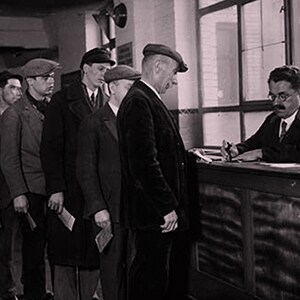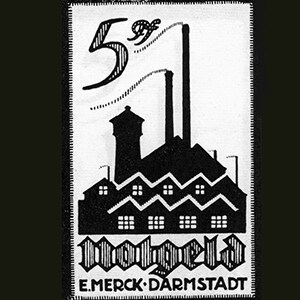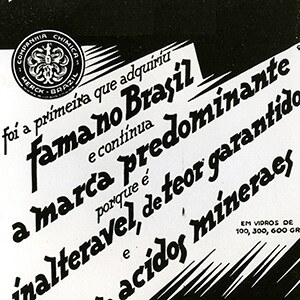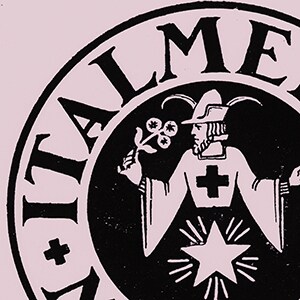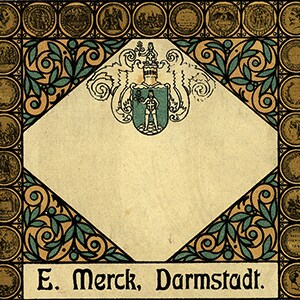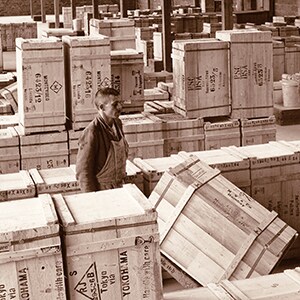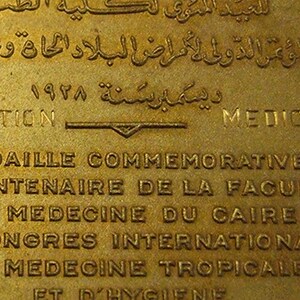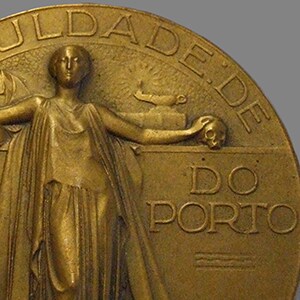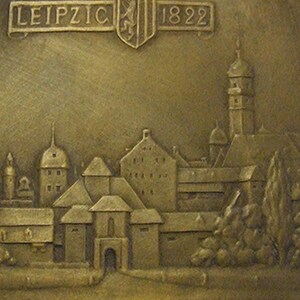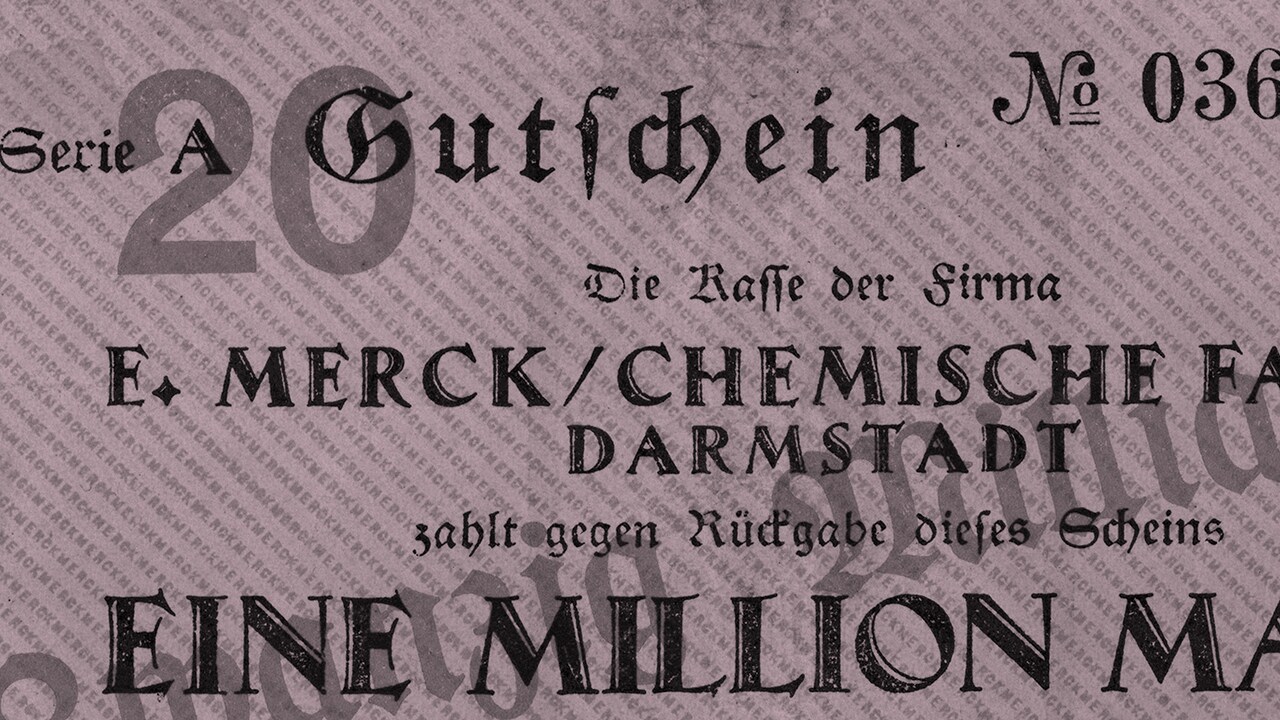
»The upheaval of the post-war period also made it clear to entrepreneurs that fundamental economic reforms were necessary to ensure that German industry did not fall behind in the world market.«
Friedrich Freymann, overseas representative, activity report, 1908-1933
On November 11, 1918, after more than four years of war, the guns fall silent. Kaiser Wilhelm II abdicates as German Emperor and the Weimar Republic is created. The Peace Treaty of Versailles, which is signed in 1919 and comes into force in 1920, also marks the end of World War I under international law, obliging the defeated nations to cede territories, make reparation payments and disarm. Millions of soldiers, prisoners of war and injured soldiers return to civilian life, among them August Benz, a bookkeeper at the company, »Now, after four and a half years of unsettled and restless life in the trenches, I have developed a keen appreciation for my job and a well-ordered life [...].« Although statutory provisions govern the reintegration of war-torn soldiers into working life, it is not without its problems.
Due to the political upheaval, day-to-day life at companies is very different. The long-discussed socio-political »workers’ cause« can no longer be shelved, as Adam Helmstädter from the Personnel department describes, »Thanks to the revolution, the free trade unions reached the goal they had been fighting for decades. «After the war ends, Allied troops occupy the Rhineland and Ruhr regions. The occupation is tangible and threatening, as Christian Vöglin, responsible for the dispatch of goods, reports, »It was not possible [...] for workers or officials to travel to Darmstadt or get to the company E. Merck [Darmstadt, Germany]; the French […] threatened to open fire if anyone […] crossed the border.«
Starting over on the international stage is also exceedingly difficult for companies. Customers must be regained and expropriated assets re-established. In all of this, the aim is to overcome the deep-rooted mistrust of former wartime enemies. Arthur Barth describes this situation in his travel report, »Of course business withour British customers had to be handled with the utmost caution, since the sentiment of the British people towards Germany was still extremely hostile.« Thanks to the depreciation of the mark, German companies can offer attractive prices with which to entice customers. While payment receipt is slow, the company’s losses also mount up.
Regarding the company’s organization, too, efforts are made to take the sting out of the terms of the Treaty of Versailles. A report written by Hans Schieferdecker, a commercial manager, gives an impression of this. The Milan representative will become »importer for his own account« and a Zurich-based company will be engaged as a liaison between Darmstadt and Milan »so that, in case of new political complications, we have no receivables vis-à-vis Italy, but rather neutral Switzerland«.
The 1920s are characterized by unemployment and worldwide economic depression, but also by dynamic developments in art and science. It becomes necessary for the company to re-establish itself, in particular by expanding into foreign markets. To this end, new subsidiaries are founded, especially in South America. One of them is in Brazil.
The company’s various activities abroad can be seen just by looking at its respective branding. For Spain and South America, for example, a particularly artistic label is produced, while the design for Italy is reminiscent of a version created for the anniversary in 1918. Registered in 1931, the globe implies greater self-confidence.
A broad network at a national and international level can also be seen in the collection of coins and medals housed in the company Archives. The faculties of medicine in Cairo and Porto are also represented in the 1920s, as is the 100th anniversary of the »Society of German Natural Scientists and Physicians« in Leipzig.

